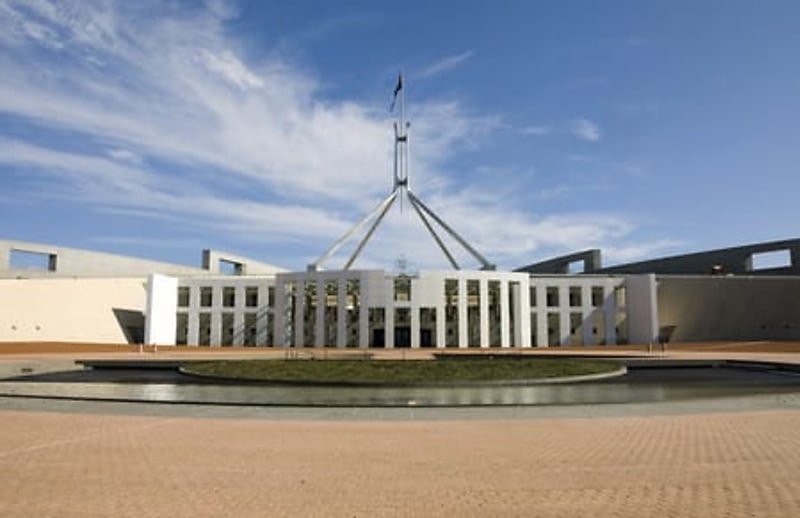The government’s bill on tax adviser misconduct has passed both houses of Parliament, introducing tax promoter penalties of up to $780 million and stronger protections for whistleblowers in the wake of the PwC scandal.
A deal between Labor and the Greens on Thursday secured the bill’s passage along with changes to the Petroleum Resources Rent Tax and fuel efficiency standards.
You’re out of free articles for this month
It comes over one year since news broke of PwC using confidential government tax briefings for its own gain.
In response to the news, the government committed to overseeing “the biggest crackdown on tax adviser misconduct in Australian history”.
The government released draft legislation reforming the Tax Agent Services Act and Taxation Administration Act in September and introduced it in the lower house the following month.
Its passage was recommended by a senate economics committee on May 10, despite pushback over the fact it also contained unrelated changes to the PRRT.
The PwC reforms, found in schedules 1-4 of the bill, would scale up maximum penalties for advisers and firms that promoted tax avoidance schemes by 100-fold (from $7.8 million to over $780 million).
Tax whistleblower protections would be extended under schedule 2, reversing the burden of proof for certain claims of protection to ensure disclosures can be made without detrimental conduct such as termination or litigation. If detriment was suffered, it would allow whistleblowers to seek compensation.
Schedule 3 of the bill would give the TPB more powers, allowing it to publish more details of its investigations and decisions publicly and increasing investigation time frames from six months to two years, enabling it to investigate a wider scope of issues raised by a potential breach.
Schedule 4 would remove limitations on information sharing between government agencies. This would help prevent a PwC-like scandal from happening again, the senate committee said.
While schedules concerning PwC reforms received broad support, some MPs pushed back against its final schedule which amended the PRRT to limit the assessable income able to be offset by deductions to 90 per cent.
Independent Senator David Pocock, who wanted the rate of PRRT raised from 40 per cent up to 60 per cent, said the government was ramming through an omnibus bill that combined “important changes off the back of the PwC scandal and puts them with a dud deal when it comes to the export of our gas”.
Despite the pushback, the bill was passed along with amendments to fuel efficiency standards and offshore gas approvals through a deal with the Greens which involved removing more contentious parts of the offshore gas approvals bill.
Christine Chen
AUTHOR
Christine Chen is a journalist at Accountants Daily and Accounting Times, the leading sources of news, insight, and educational content for professionals in the accounting sector.
Previously, Christine has written for City Hub, the South Sydney Herald and Honi Soit. She has also produced online content for LegalVision and completed internships at EY and Deloitte.
Christine has a commerce degree from the University of Western Australia and a juris doctor degree from the University of Sydney.

 Login
Login







